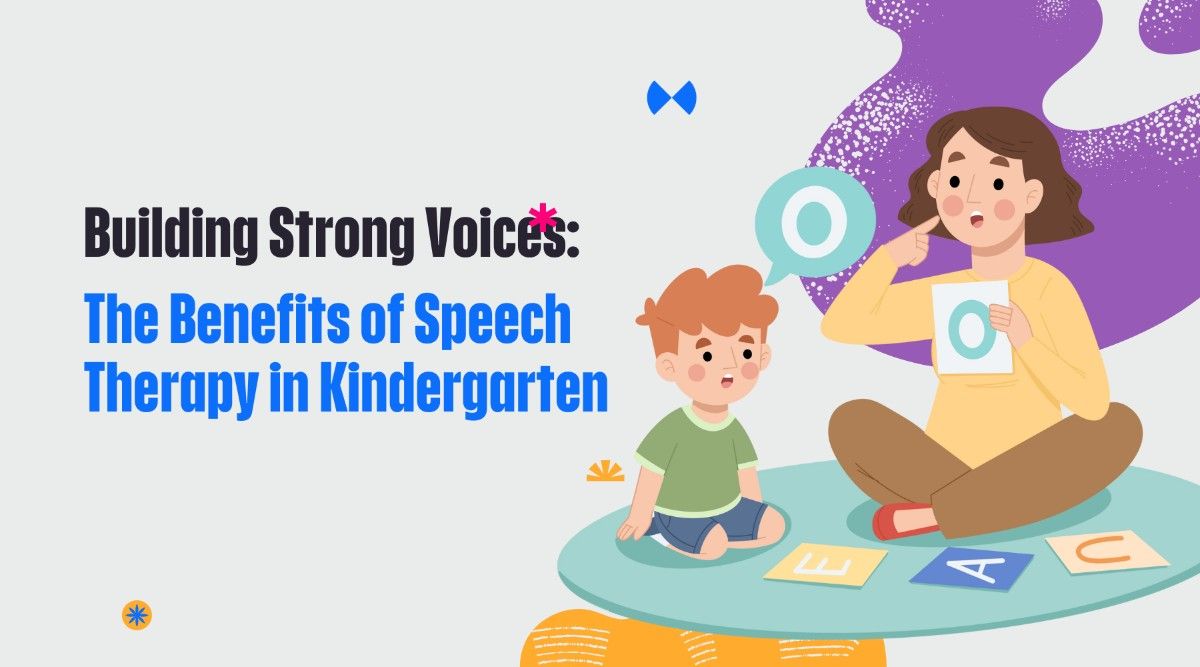- Email : uae@wondercubsnursery.com
- Phone : +971 5 8611 9878
Giving your child the best start in life
Get In Touch
Email: info@wondercubsnursery.com
Phone: +971 58 611 9878
Email: info@wondercubsnursery.com
Phone: +971 58 611 9878

Speech therapy is one of the fundamental aspects of special education and is best effective when started in early childhood. It’s a one-to-one therapeutic approach that helps children overcome speech and language disorders, thereby improving their communication skills and overall development.
Benefits of speech therapy include:
Watching a child makes it obvious that the development of his mind comes through his movements.
Maria Montessori
At birth, a child’s brain is a work in progress. It develops as they grow by experiencing the world through their five senses, which are seeing, tasting, touching or feeling, and smelling. Natural, simple, and loving encounters with adults help in this process.
Children with developmental delays often face challenges in communication, social skills, and various activities. Early intervention is essential to effectively support and guide these children towards appropriate development.
According to Journal of Pediatrics, children with special education needs who underwent speech therapy made noticeable improvement in lingusistic skills with early intervention compared to those without eary action
Every child is unique, and even siblings can develop their skills at different rates. Early intervention through speech therapy can greatly influence a child’s communication abilities and overall development.
Addressing speech and language issues at an early stage helps prevent potential academic, social, and emotional challenges later in life. Early therapy equips children with the skills they need to communicate effectively, build better relationships, and enhance their confidence. Identifying speech and language problems early allows for the creation of a personalized therapy plan tailored to the child’s specific needs.
This proactive approach can help children overcome communication barriers and improve their learning abilities and cognitive development. Recognizing the signs that your child may need speech therapy and seeking professional assistance promptly can significantly impact their growth and future success.
Early intervention sets a strong foundation for lifelong communication skills, enabling children to thrive in all areas of their lives.
At Wondercub, we specialize in providing comprehensive speech and language therapy to children of all ages. We understand that each child is unique and has specific needs, so we take a personalized approach to therapy.
Communication skills involving listening, speaking, observing, and empathizing are one of the most important and essential aspects of human life. Being able to express is one of the most vital achievements. However, there could be certain instances when a child struggles to reach his speech milestones and cannot communicate efficiently.
That is where Speech therapy becomes significant. Let’s investigate what speech therapy is and how it works.
Speech therapy is a treatment method consisting of techniques and activities designed to improve a child’s overall communication by addressing delays and disorders in understanding/responding to language, oral motor dysfunction, apraxia of speech, oral motor dysfunction, stuttering, social language, feeding and swallowing, and cognitive skills.
Various strategies used by therapists are:
Speech therapy can help children of all ages and abilities communicate more effectively, but it provides best results on early intervention.
At WONDERCUBS, our team of highly experienced Speech-Language Pathologists provides support for toddlers facing various communication challenges. We specialize in helping children with speech delays, language disorders, and other speech-related issues. Our services also address oral motor dysfunction, apraxia of speech, stuttering, social language skills, as well as feeding, swallowing, and cognitive skills.
Explore our kindergarten space and find out why it is the best nursery in Dubai for your little munchkins.
Contact Now